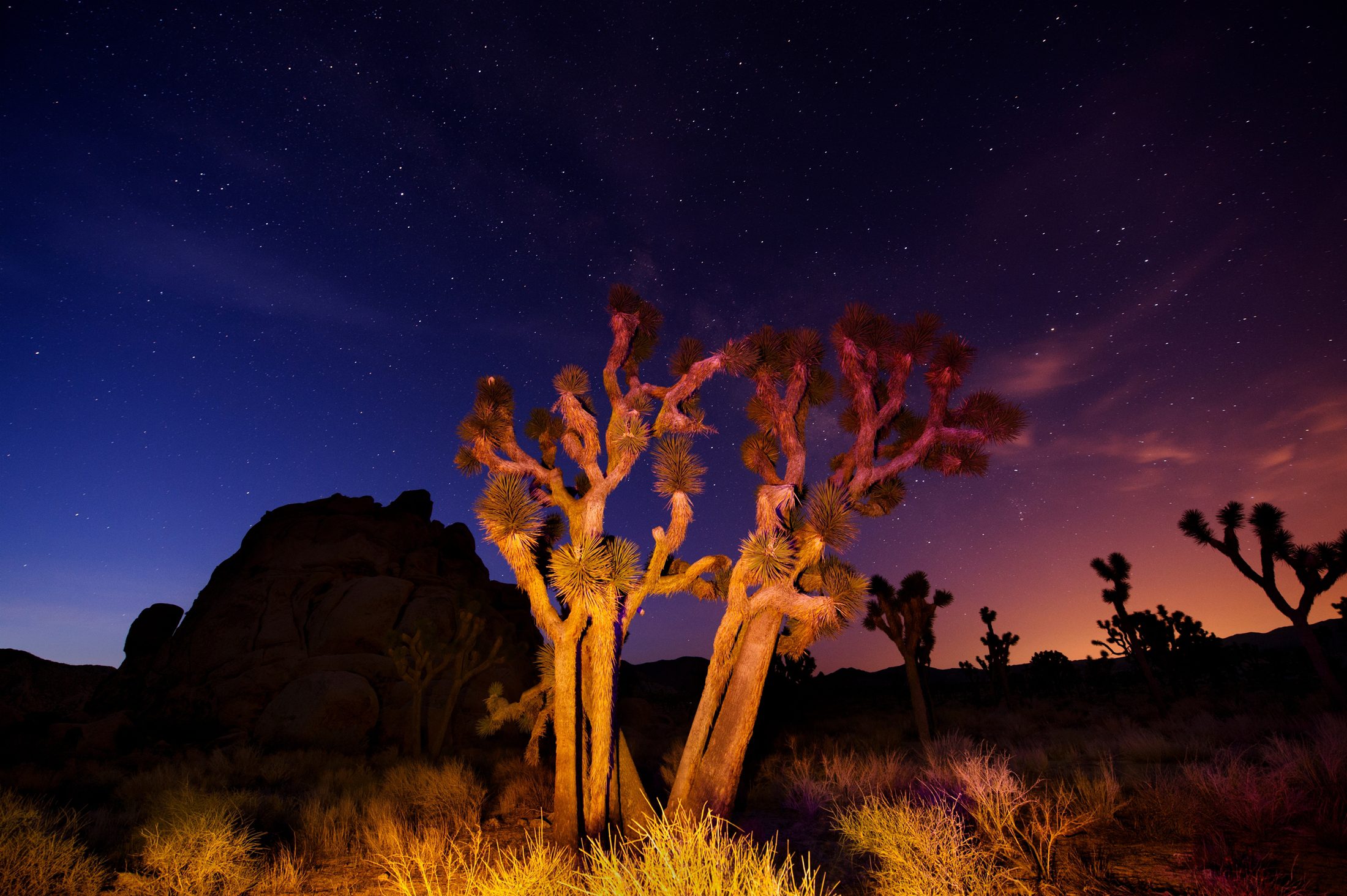- Permit issued for Yucca Valley sewer construction.
- Thousands of septic tanks will be decommissioned.
- Western Joshua trees protected under state law.
- Funding support arranged for local homeowners.
Monday, August 18, 2025 — Last Tuesday, the California Department of Fish and Wildlife (CDFW) issued a permit that allows a major groundwater quality project to advance in Yucca Valley, San Bernardino County. The project will replace thousands of septic tanks with a new sewer system, a move that officials say will safeguard drinking water supplies and benefit surrounding desert habitats.
issued a permit that allows a major groundwater quality project to advance in Yucca Valley, San Bernardino County. The project will replace thousands of septic tanks with a new sewer system, a move that officials say will safeguard drinking water supplies and benefit surrounding desert habitats.
The California Regional Water Quality Control Board’s Colorado River Basin Region previously ordered Yucca Valley to end the use of septic tanks due to the threat they pose to groundwater. Yucca Valley relies entirely on groundwater for its drinking water.
Protecting Joshua Trees During Construction.
Because the sewer project may impact western Joshua trees (Yucca brevifolia), it required approval under the Western Joshua Tree Conservation Act (WJTCA) . CDFW issued an incidental take permit to the Hi-Desert Water District, which covers both the district and participating homeowners. The permit requires that impacts to Joshua trees be avoided and minimized whenever possible.
. CDFW issued an incidental take permit to the Hi-Desert Water District, which covers both the district and participating homeowners. The permit requires that impacts to Joshua trees be avoided and minimized whenever possible.
CDFW Director Charlton H. Bonham described the effort as “a low-cost and efficient way” to help residents move from septic tanks to sewer connections while protecting California’s iconic Joshua trees. Hi-Desert Water District General Manager Tony Culver called the permit “a significant step forward for Yucca Valley” in protecting both groundwater and community resources.
Background on the Western Joshua Tree Conservation Act.
The Western Joshua Tree Conservation Act became law in July 2023. It prohibits the importation, export, sale, or removal of western Joshua trees in California unless authorized by CDFW. The law allows incidental take permits for projects that meet conservation conditions and requires all fees collected to be placed in the Western Joshua Tree Conservation Fund. That fund supports land acquisition, management, and conservation activities.
The act also requires CDFW to develop a statewide conservation plan in collaboration with agencies, Native American Tribes, and the public. A draft plan was due by December 31, 2024, for review by the Fish and Game Commission. Annual reports on the status of western Joshua trees are required each year beginning in 2025.
Financial Support for Homeowners.
Recognizing the financial strain for Yucca Valley homeowners, CDFW and Hi-Desert Water District worked together to maximize available funding and reduce costs. This included finding ways to cover mitigation fees while still meeting conservation requirements.
The permit represents a balance between improving public health through cleaner groundwater and preserving one of California’s most recognizable desert species.

